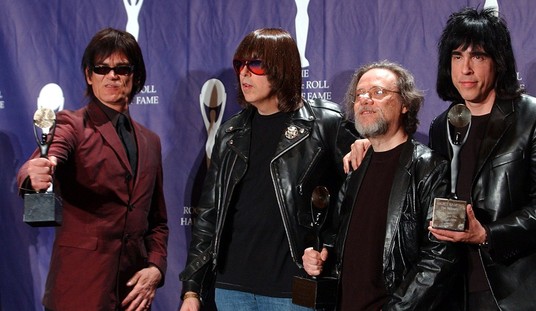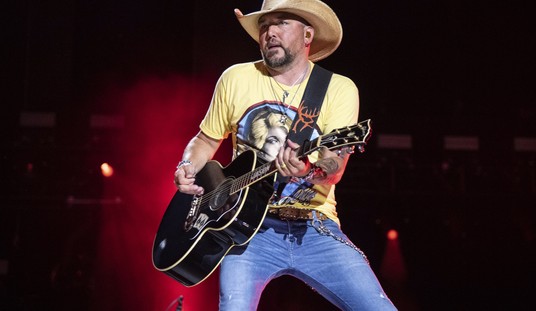Not that anyone expected him to throw his twin brother and national campaign chairman under the bus here, but as you watch him intone below about how harassment is wrong, note that at least one person on Castro’s Trump donor list is practicing “situational awareness” with his children now as a result.
“We convened together as a family and talked about situational awareness, exit strategy, avoiding and exiting conflict, talked about staying low and close to home and just being at our very highest senses,” said [Harper] Huddleston…
Huddleston argued that when Castro, as a sitting congressman, tweets such a list, it reaches a “very large audience” and he attempted to connect “fine members of this community” to racism and white supremacy.
“Moms, dads, retirees and to associate these people with those types of claims is just wrong,” he said, arguing that he believes Castro’s actions will actually motivate the president’s supporters.
Oh, footnote: Huddleston isn’t actually a max donor to Trump. His father is. The younger Huddleston ended up on Castro’s list erroneously because he and his dad have the same name and Team Castro didn’t care enough about the people on their target list to double-check that they had identified everyone correctly before putting it out.
What my brother did is not doxxing, Castro notes in the clip, resorting again to the defense that donor information is publicly available in FEC reports. But curating and amplifying the information in the report has the same purpose as doxxing, which is to intimidate the targets. A Twitter pal reminded me today of how much media heat Marco Rubio took last year when he got pissed off at a Maduro apologist who had tweeted at him and responded by posting the address and phone number of the guy’s restaurant on Twitter. That was public information too, but that was no defense given that Rubio’s intent was obviously to see the guy harassed by Maduro activists. Why is Rubio’s tweet Bad but Castro’s target list Good?
Karol Markowicz understands why Rubio and Castro received disparate treatment:
Liberals view the election of President Trump as a monstrous anomaly, something that should never have happened. They view all Trump supporters, be they Acela Corridor denizens or car-dealership owners in suburban Texas, as complicit in this great evil and therefore fair game.
The media is only too happy to help. Everyone remembers what The Washington Post and The New York Times did to the Covington Catholic boys. Or recall the way CNN went after an anonymous tweeter after Trump retweeted an image he had created mocking the network.
The message to anyone who dares not march in lockstep with liberalism: You don’t matter, and we will target you for ruination whenever we feel like it.
Have the Castros explained yet what, precisely, they hoped would happen as a result of publishing the list? Remember, it’s not a boycott list; some of those on it are retirees and were identified as such. If the point isn’t (or isn’t merely) to steer customers away from businesses owned by people on there then what was the point? The most charitable read is that it’s a list of people to be shunned: If you’re friends with someone who’s named then you have a moral duty to avoid that person until he or she has renounced Orange Satan and his wicked ways. The less charitable read is that — well, that it’s exactly what it looks like. The point is to force everyone involved to familiarize themselves with the concept of “situational awareness,” however disingenuously the Castros may deny it.








Join the conversation as a VIP Member